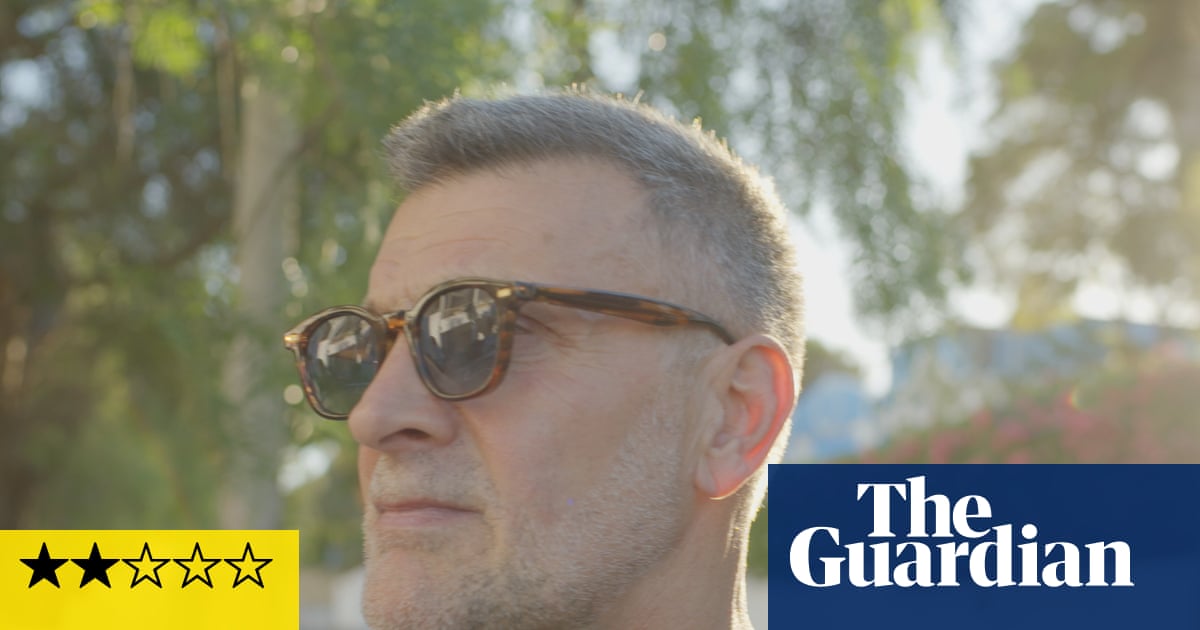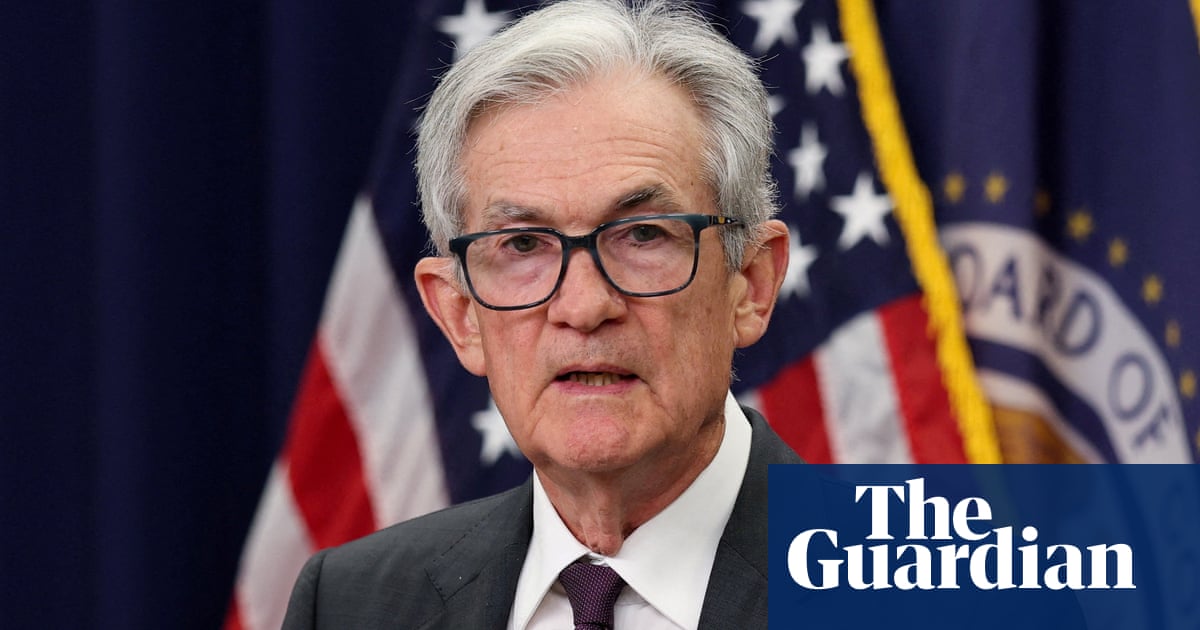Last month, Sir Keir Starmer promised to do “everything I possibly can” to free Egypt’s highest profile political prisoner, Alaa Abd el-Fattah. A few months earlier, the foreign secretary had described the case of the British-Egyptian writer and campaigner as the “number one issue”. In opposition, David Lammy had joined a protest in Mr Abd el-Fattah’s support outside the Foreign Office and demanded serious diplomatic consequences for Cairo if no progress was made.
Progress has not been made and time is running out. Arbitrary detention has stolen almost a decade of Mr Abd el-Fattah’s life, while that of his remarkable mother, Laila Soueif, may be drawing to its close. As of Tuesday, the 69-year-old, who lives in London, had not eaten for 261 days, as she demands her son’s release. After taking 300-calorie liquid supplements for a short period, she returned to a full hunger strike almost a month ago and has been hospitalised since the end of May. In Egypt, Mr Abd el-Fattah has been on hunger strike for more than 100 days.
Mr Abd el-Fattah, whose current ordeal began when he was detained in 2019, should never have been held. He was sentenced to five years for “spreading false news”; his real offence was to speak truth to power. But the injustice was compounded when, instead of releasing him in September, as Egypt’s own criminal code requires, the state chose to ignore his pre-trial detention. His jail term was deemed to have begun only after his conviction in December 2021, meaning that it would run until the end of next year.
The UN working group on arbitrary detention found last month that his detention was unlawful on multiple grounds, including the lack of arrest warrant, violation of his right to free expression and the lack of a fair trial. His 13-year-old son, who lives in Brighton, has been denied the chance to know his father.
In over a decade in office, Gen Abdel Fatah al-Sisi, Egypt’s president, has proved to be even more repressive than his former boss, Hosni Mubarak, who was overthrown in the Arab spring. Executions have soared, and more than 1,500 political prisoners were detained last year alone. Sir Keir has twice raised Mr Abd el-Fattah’s case directly in calls with Gen Sisi, and has written to him multiple times. Yet Britain has not even gained consular access to the 43-year-old. Egypt has released dual nationals before when under pressure. It appears particularly obdurate in this case.
Supporters have made a strong case for imposing sanctions and bringing a case at the international court of justice. Given the health of Mr Abd el-Fattah and Ms Soueif, however, the priority must be measures with immediate effect. The first should be to change travel advice, warning against travelling to Egypt, and to refuse trade talks. Mr Abd el-Fattah’s case clearly indicates the risks for Britons, given the lack of fair process and consular access. Egypt’s economy, which remains fragile following an International Monetary Fund bailout last year, is heavily dependent on tourism and around half a million Britons travel there every year.
The prime minister’s advocacy is welcome. But as Mr Lammy demanded in 2022, “what diplomatic price has Egypt paid for denying the right of consular access to a British citizen?” It is clear that Britain has not, in fact, done everything it possibly can to change the Egyptian government’s mind. It must now do so.
-
Do you have an opinion on the issues raised in this article? If you would like to submit a response of up to 300 words by email to be considered for publication in our letters section, please click here.

 3 months ago
130
3 months ago
130

















































